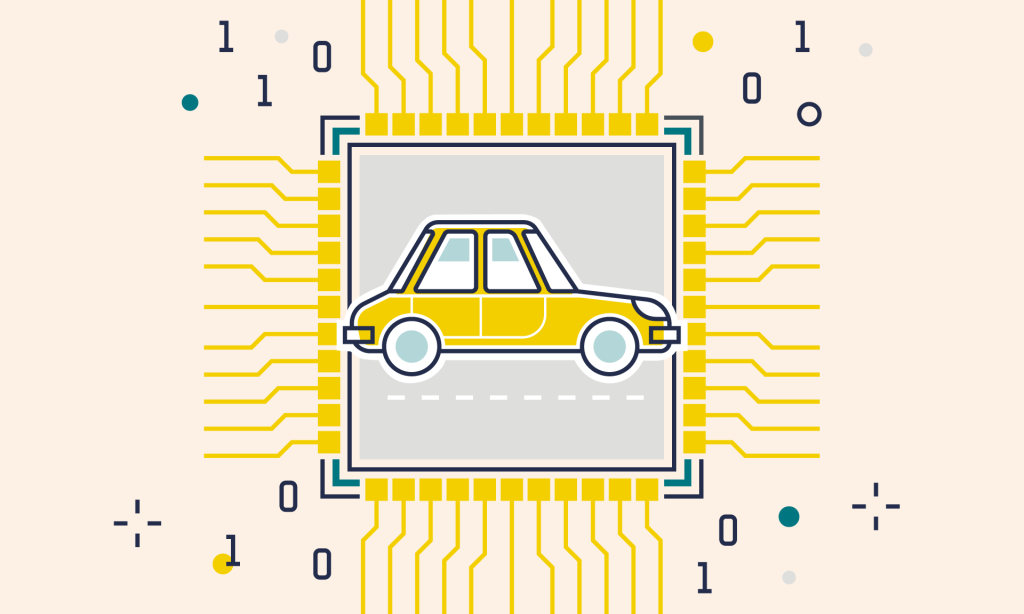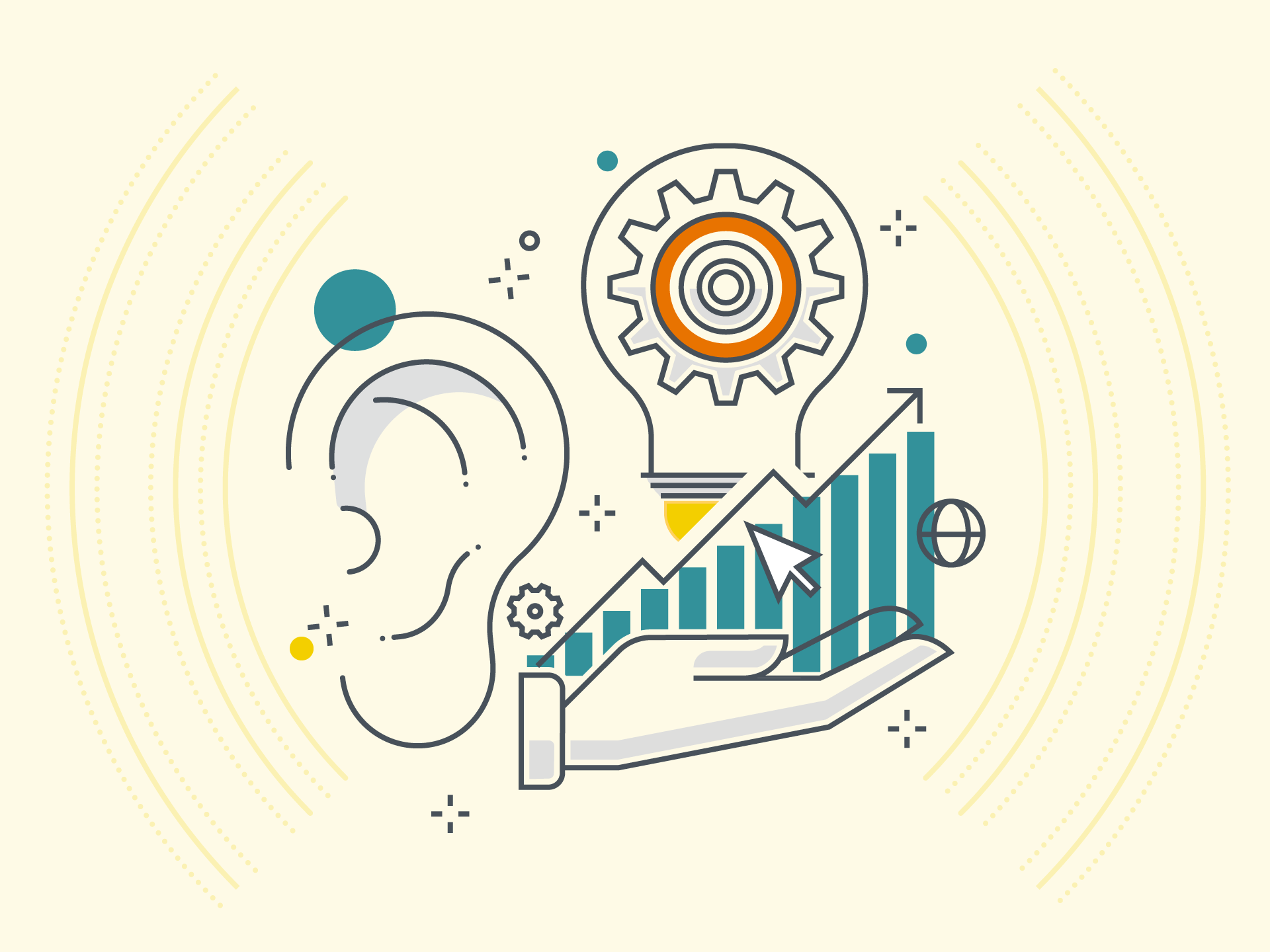

 Article
Article

AI companions are designed to support the individual but what is the impact on broader society? Don’t we as humans get something out of supporting each other?

In the rapidly evolving landscape of artificial intelligence, a unified team executing a flawed strategy often outperforms those pursuing a perfect strategy with fractured alignment. This principle of prioritizing alignment over flawless planning forms the cornerstone of the seven critical foundations for competitive success in the AI era.

As the race for fully autonomous vehicles heats up, challenges remain on the road to widespread adoption. Key to overcoming these obstacles will be consumer acceptance, technological advances, and regulation.
How close are we to fully automated vehicles and how will transportation itself change as a result?
In this episode of Good Disruption, Mike Lenox and Yael Grushka-Cockayne are joined by Naomi Kaempfer, creative director for Art, Design and Fashion at Stratasys, to discuss how the fashion industry can benefit from 3D printing.

Good Disruption is a podcast series featuring lively discussion between Professors Yael Grushka-Cockayne and Michael Lenox, sometimes joined by industry experts. They examine cutting-edge technologies and practices, then make personal calls on whether they amount to good disruption, bad disruption or actually no disruption.
From the explosion of Generative AI to the evolution of the hybrid workplace, disruption has become the “norm” for business. How will business and society be shaped by disruption in 2024?
Is Silicon Valley the next Detroit? Despite layoffs in Big Tech, there are reasons to remain optimistic that the Bay Area can continue to avoid the fate of so many communities that have seen their prospects dim as their once hot new industry faded. The key is to avoid stagnation by encouraging vigorous competition.
The proliferation of AI has given rise to fear of job replacement across many industries, including entertainment. The WGA and SAG-AFTRA went on strike, including in their demands protection from the use of AI by studios. Is this a real or perceived threat, and what is the potential impact on the consumer experience?
After a brief reprieve during the COVID-19 pandemic, emissions continue to rise, and with each passing year, the work to slow climate change becomes harder. Time is running out, and we need innovation across all industry sectors — and in products, services and policy that paves the way for rapid adoption and deployment of decarbonized technologies.